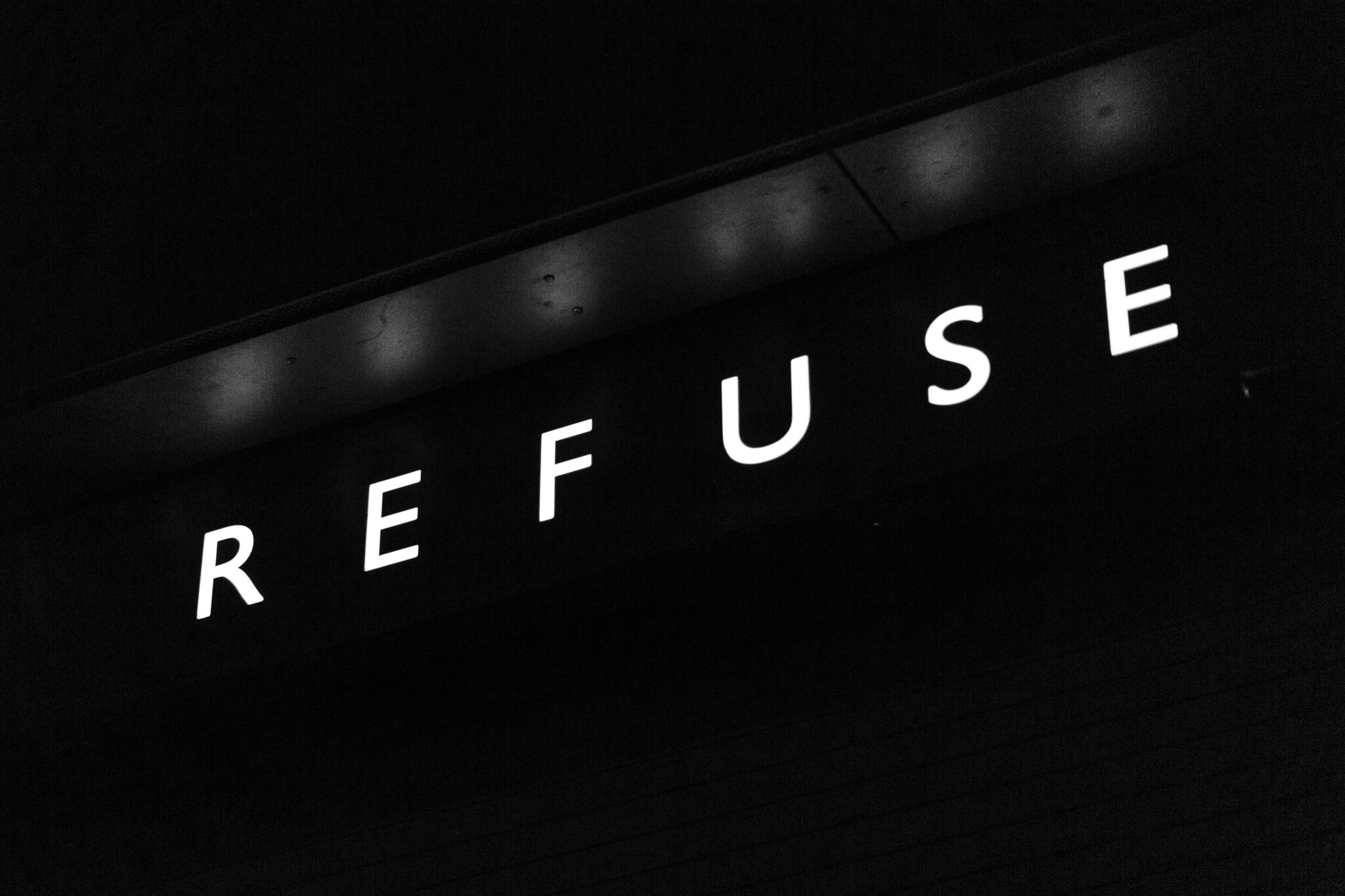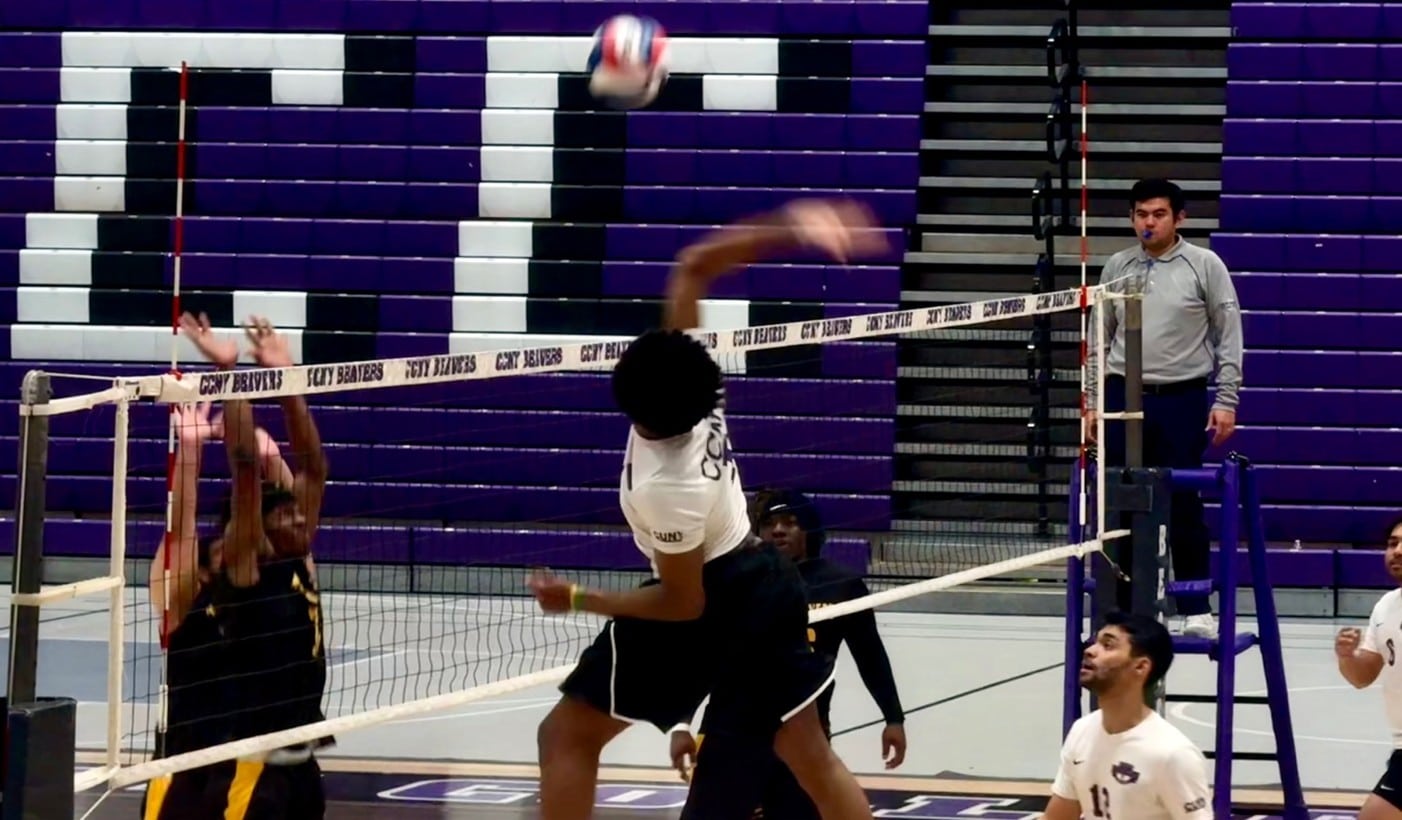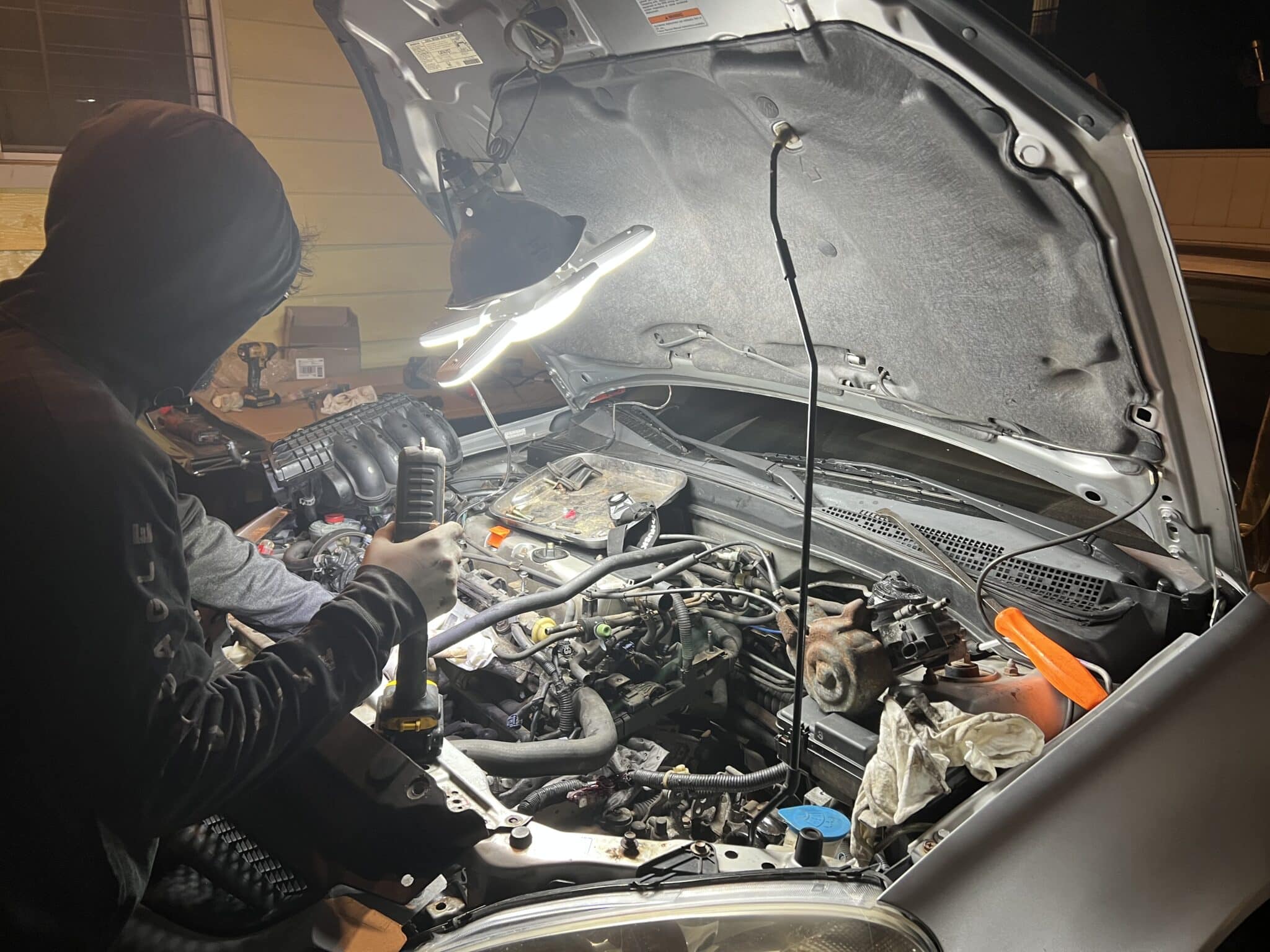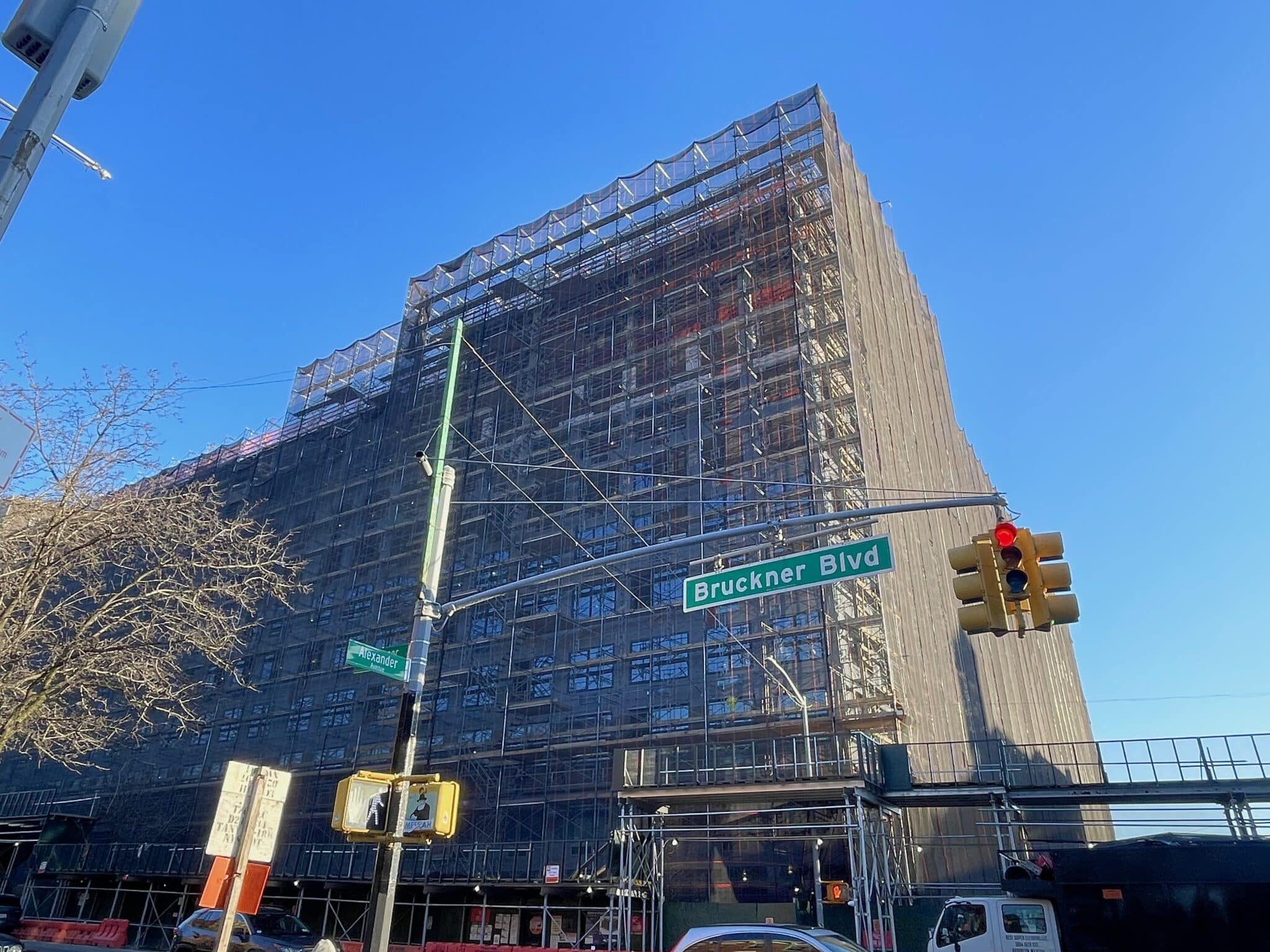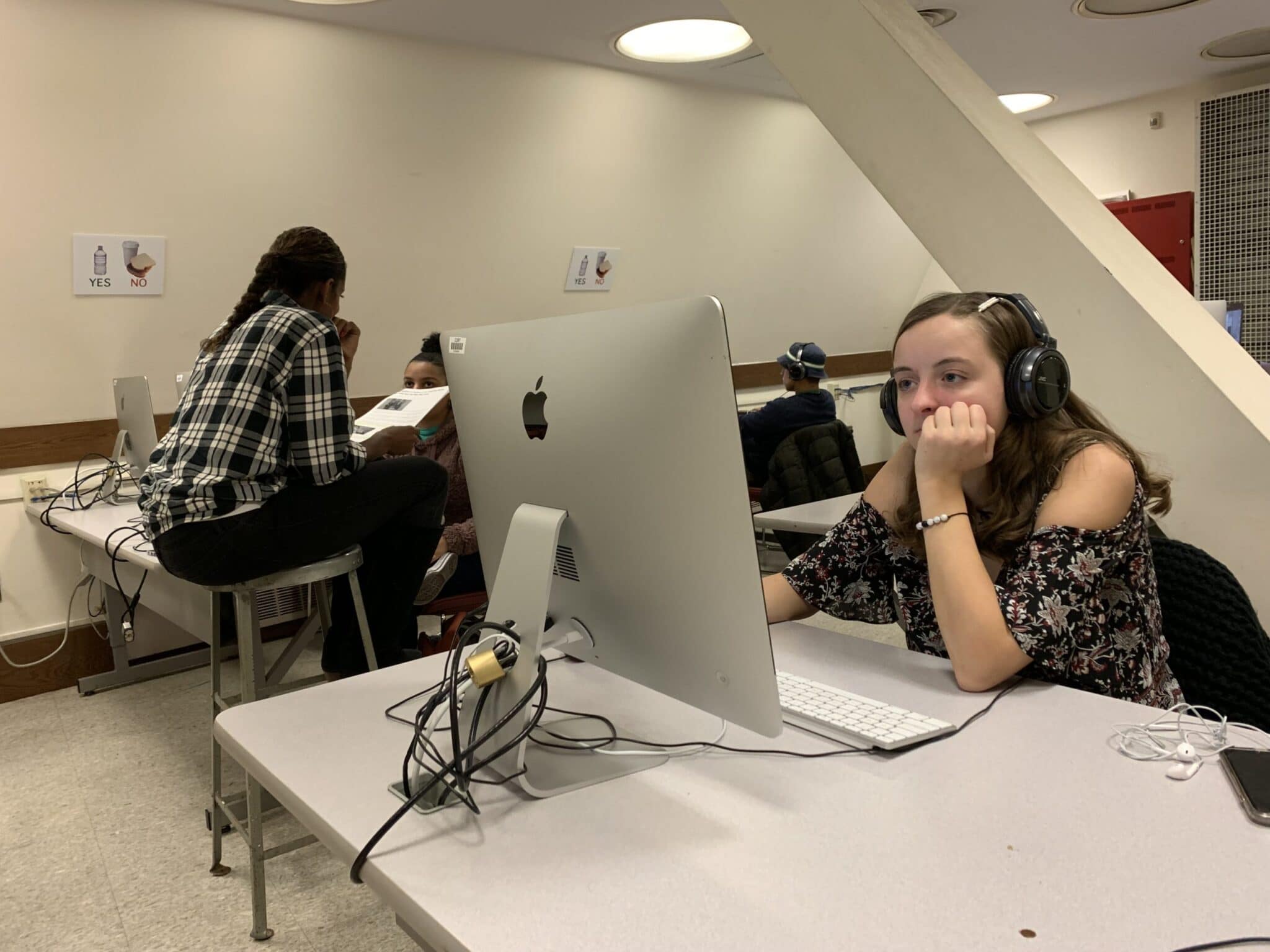Solutions to a COVIID-induced demand for more beds for NYC's homeless have been met with much controversy. Photo by Drew Beamer on Unsplash.
“It’s like the crack epidemic, but worse. Drug deals and use in broad daylight, public intoxication, fighting, panhandling, public masturbation, urinating and defecating in the streets, and loitering have become the new norm,” Joanna Macias said. The Hell’s Kitchen resident explained that in the thirty years that she’s lived in the neighborhood, it has never felt as unsafe as it does now. She is one of many Westside residents who think that the city’s transfer of homeless men to hotels in the area changed the quality of life for the worse.
Last week, Manhattan Supreme Court Justice Debra James paused the transfer of more than 200 homeless men from the Lucerne, a hotel-turned-shelter on the Upper West Side, to a facility downtown. The judge granted a temporary restraining order filed on behalf of Larry Thomas, Ramone Buford and Travis Trammell. They sued Mayor de Blasio and Department of Homeless Services (DHS) Commissioner Steven Banks for deciding to relocate them and 232 other homeless men after weeks of backlash from angry residents. “We are going to let the legal process take its course, while continuing to support our clients in their courageous effort to fight for their rights and bring greater stability to their lives,” said Jason Zakai, the lawyer who represents the homeless.
The men were placed at the Lucerne by DHS at the beginning of the pandemic to curb the spread of COVID-19 among the city’s homeless population. The ruling ensures they can stay where they are until the case is heard in court. Shams, a homeless resident of the Lucerne, told us that he and other men feel comfortable at the Lucerne. A move to the financial district won’t help them, he said. “With the programming and everything that we have in place here, I think it’s more to our benefit to remain at the Lucerne than for us to have to travel down to Wall Street.”
Of the approximately 9,000 single adults assigned to “COVID-related” hotels, more than 5,400 are living in 32 Manhattan hotels. And residents in the neighborhoods where hotels are located have let the de Blasio administration know they don’t like it. One group of Upper West Side residents formed a nonprofit, the West Side Community Organization, and raised over $100,000 from mostly anonymous donors. They hired attorney Randy Mastro, a former top staffer from the Giuliani administration, to represent and lobby for them.
They argue that homeless people are involved in panhandling, public drug use and violent threats. A neighborhood Facebook group, Upper West Siders for Safer Streets, has 15,000 members, mostly local residents, who post about problems with the homeless men. Some members of the Facebook group even advised each other to use wasp spray and dog feces to make the homeless feel unwelcome and referred to homeless people as “trash,” “scum,” and “thugs.”
But there’s a division in the mostly white, liberal neighborhoods, and the issue tests the true values of the community. UWS Open Hearts Initiative has organized donation drives and a sleep-out protest to show their support for the homeless staying in these hotels until it is safe to return to shelters. However, the West Side Community Organization continues to push for a change in city policy. Mastro sent a letter to Mayor Bill de Blasio on August 27th saying that the group would sue the city if the administration didn’t provide a timeline, within 48 hours, to remove the homeless residents from Upper West Side hotels.
Shortly afterward, the administration announced it would begin the process of transferring men living at the Lucerne to a hotel in Queens. The transfer would displace other homeless families staying at those hotels. De Blasio told reporters, “As the health situation has continued to improve, we’re going to start the process of figuring out where we can get homeless individuals back into safe shelter facilities and reduce the reliance on hotels … Hotels are certainly not where we want to be in general, and we’re going to start that process immediately.”
During the first week of September, hundreds of protestors, including UWS Open Hearts Initiative, protested outside of Gracie Mansion demanding that the Mayor reverse his decision to transfer homeless men staying at the Lucerne. The protestors believe that these homeless people should be able to socially distance and stay safe during the pandemic.
Corinne Low, a leader of the UWS Open Hearts Initiative said, “It’s been done based on pressure from a small segment of the Upper West Side who raised money and lawyered up and obviously pressured the city into this … That just sends a terrible message that the people with money — their comfort matters, they win, city policy is going to cater to them and not the needs of vulnerable individuals.” Then, Mayor de Blasio reversed course and said the homeless could stay put, and that he would pause all actions to move homeless residents out of these hotels.
City officials reached an agreement with the Hotel Association of New York City this month, in October, to extend the existing contract to use hotels to house homeless people. Documents filed with the city comptroller show that the cost of Mayor de Blasio’s program to move homeless New Yorkers from shelters to hotels now stands at $299 million. But the deal with the Hotel Association means that the homeless will stay and that empty hotels will benefit from the business.
Tags: City College Journalism Coronavirus COVID-19 Hells Kitchen Homeless Housing Insecurity Lucerne Upper West Side Westside
Series: Coronavirus
